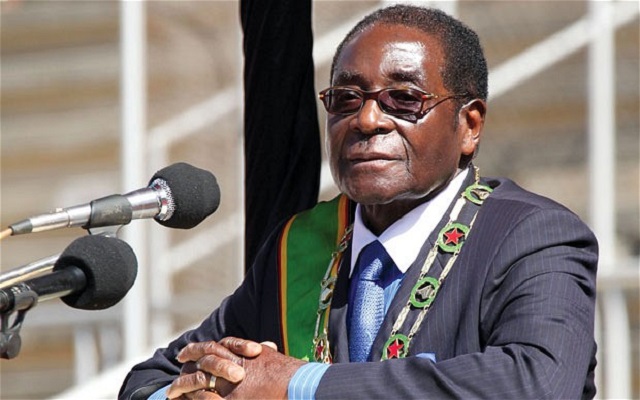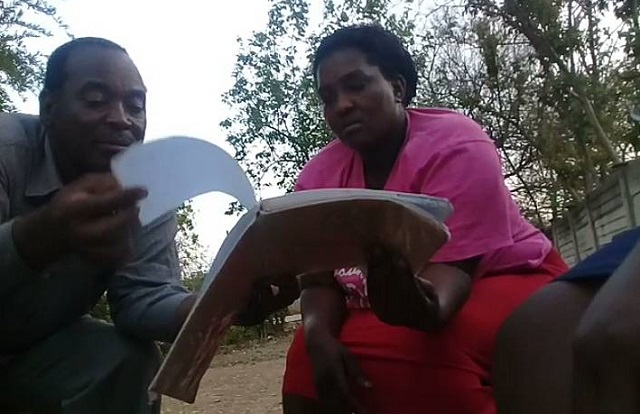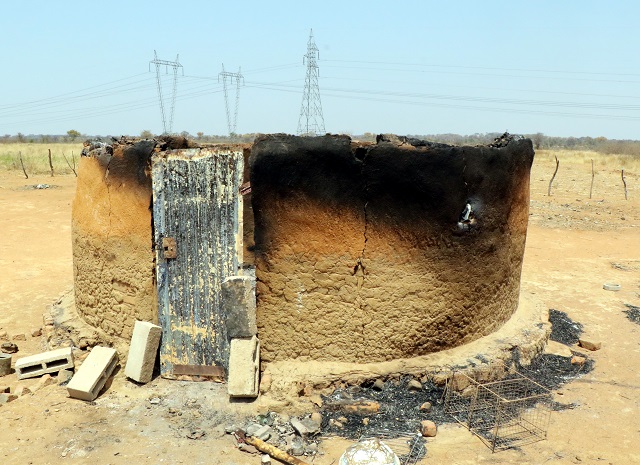Aspiring political leaders must respect principles, norms

Saul Gwakuba Ndlovu
Nothing could be clearer about how the Zimbabwean presidential position is attained than a statement made by President Mugabe in Bindura, Mashonaland Central province, recently.
He said he did not understand why there was so much talk and tension about who should, would or could succeed him and yet the law of the land clearly states that the position is taken over by whoever wins it by the vote.
This issue had generated an unnecessary great deal of tension within Zanu-PF in spite of the fact that the political party’s constitution stipulates that its national leaders are elected at a congress.
President Mugabe had himself emphasised that fact several times in the past,and his Bindura speech was a mere reiteration.
We need not get into constitutional or legal details here, but suffice it to say that people of Zimbabwe do not have to be reminded that the aim of the armed liberation struggle was to give power to the majority of this country’s adult people.
That power is in the form of a vote, that is one person, one vote, right from the grassroots (the cell) to the province. That electoral empowerment obtains or should, in every political organisation which having elected its top leader later presents him or her as its candidate for national positions including the Zimbabwean presidential post.
If a political party has more than one presidential aspirant, it should settle for one at its congress so that when the time for national presidential elections come, it will have only one candidate.
Should a political organisation have more than one presidential aspirant, the organisation must resort to the ballot box lest factions develop, and negatively affect the organisation’s unity and stability.
Such a situation is bound to affect national socio-economic programmes and create inter-ethnic hostility or intra-party tension.
In Zimbabwe, there has been one or the other of those adverse developments in spite of calls for the constitutional resolution of intra-party differences. We should note, most embarrassingly that most of those differences are caused by some leaders whose personal leadership ambitions have no respect for established inter-personal social and cultural principles, or for laid down procedures to elect leaders.
It could be understandable, though not justifiable, if some of those differences are ideological, say, for instance, socialists opposing capitalists.
There is, however, nothing of that sort in the tense Zimbabwean political goings-on. It is purely fuelled by some individual leaders’ thirst for power.
We should be excused for concluding that most of the country’s political leaders want political power to enable them to achieve massive economic aggrandisement.
Voters need to be aware of such self – centred leadership aspirants. They are found right across the national political spectrum. Their immediate personal interests are paramount, followed by first those of their immediate families, and then come those of their extended families, with the interests of district and provincial communities lying in the border of their political environment.
Given authority and an opportunity to appoint people to socio-economic and cultural positions of influence or benefit, they could have virtually only their kith and kin in such posts. That applies to the appointment of possible successors as opposed to their election in free and unfettered circumstances.
There have been cases in some African states where some sitting presidents have appointed their own brothers, sisters and their in – laws, their nephews and nieces to some senior government posts to the exclusion of much better qualified nationals.
Government scholarships in such countries have been, and are given on the same nepotistic consideration. We need not over – emphasise the fact that we do not want to see that occurring in Zimbabwe, let alone striking roots.
Situations like the one described above can occur and prevail in countries that did not go through an armed revolution as was waged and won by the masses of Zimbabwe. Our revolution claimed the lives of hundreds of thousands without any regard to one’s economic or social standing.
It would thus be unpardonable for national leaders to treat some Zimbabweans with favour at the expense of others. That would be a negation of the very ethos, the very objectives of the armed liberation struggle.
The scale by which the value of an aspiring Zimbabwean is weighed by the masses is the ballot box. Those who vote indicate whether or not they value the leadership aspirant.
Appointment of such a person would reflect the sentiments of the one who appoints but certainly not those of the generality of the people. It would not be democratic but autocratic, and would be inappropriate for a state with as strong an armed revolutionary historical background as Zimbabwe.
That is precisely what President Mugabe means when he says the ballot box is the only route by which presidential aspirants can head Zanu-PF.
Surely there is no need for further debate on this matter as President Mugabe’s statement is based on Zanu-PF’s legal foundation, that is, its Constitution.
It would be most advisable for Zanu-PF leaders and activists to now spend more time on how best to revive the national economy than on arguing about who will succeed President Mugabe. That will be decided by the vote at the party’s congress.
The most pressing national issue presently is how the banks can have enough cash to meet their clients’ daily demands. Zanu-PF can and should organise seminars, workshops, and/ or symposia at which appropriately qualified personnel can present ideas on how to resuscitate the economy.
There is, for example, the much acclaimed “Command Agriculture” to look at. Can or should it now be modified and incorporated into the traditional “hhunde”, “zunde raMambo”, “isiphala seNkosi”.
Saul Gwakuba Ndlovu is a retired, Bulawayo – based journalist. He can be contacted on cell 0734 328 136 or through email. [email protected]











Comments